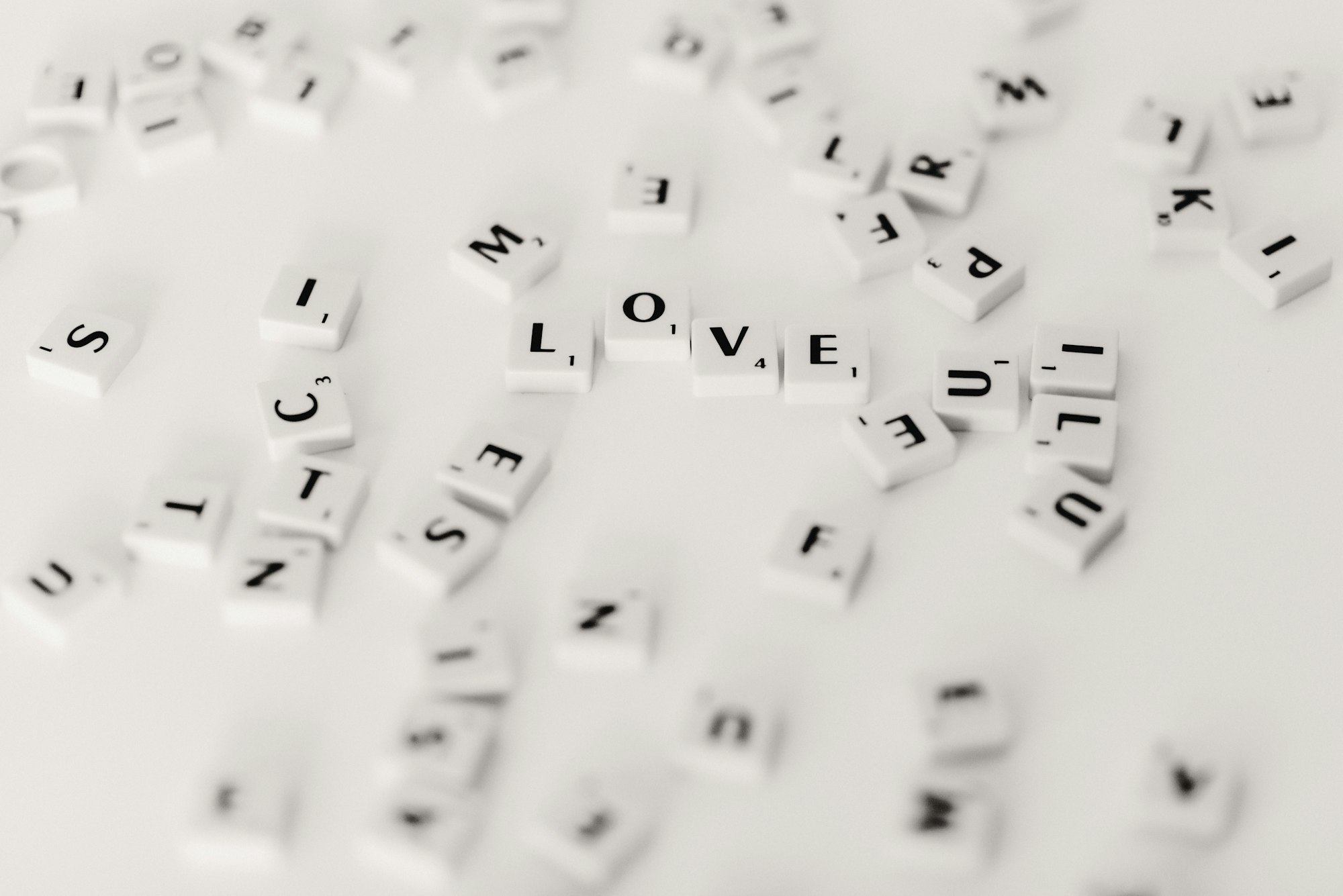10 Common Signs Of Low Emotional Intelligence
Emotional intelligence is often considered to be a key indicator of success in life. But what are some signs that you're not as emotionally intelligent as you could be? In this article, we'll take a look at ten of the most common signs that someone lacks EIQ.

Emotional intelligence.
You may have heard of it before, but what exactly is it?
Emotional Intelligence (EIQ) is a person’s ability to recognise, understand and manage their own emotions, as well as those of others. It also allows people to be aware of the effect that their emotions have on themselves and other people.
The ability to recognise, understand and manage your own emotions can have a significant impact on your personal relationships, career and general well-being. It can help you to communicate better with others, manage stress and develop stronger relationships.
Emotional intelligence is often considered to be a key indicator of success in life. But what are some of the signs that indicate an underdeveloped emotional intelligence? In this article, we'll take a look at ten of the most common signs that someone lacks EIQ and how to overcome them.
Blaming others.
Blame is a way of trying to control other people. It's a way of trying to make yourself feel better by making someone else look bad. When you blame others, it means that you're not taking responsibility for your own actions or reactions and it's unlikely that you'll ever improve unless this changes. You don't take responsibility for your own emotions. If you're constantly blaming other people for how they make you feel, then there's no point in trying to understand what goes on beneath the surface when faced with difficult situations.
Instead of assigning blame, take some time to contemplate what happened and how you could have handled it better. What can you learn from the experience so that next time, things go better?
Being too sensitive or not sensitive enough.
Emotional intelligence is the ability to recognise and understand your emotions, as well as those of others. It's important to be able to feel and express your emotions in a healthy way. There are two ends of the spectrum when it comes to emotional sensitivity: you can be too sensitive or not sensitive enough.
Being overly sensitive can make life difficult for everyone involved because it means that one person is constantly being hurt by what others say or do around them—and they don't always have control over how they react to these things. If you're not sensitive enough, then you may find that you don't care as much about others' feelings. This can be problematic because it means that your actions or words don't always come across the way they were intended.
On the other end of the spectrum, you can be insensitive to your own feelings and those of others. If you're not in touch with what makes you happy or sad, then it's hard to know how other people are feeling and why they act the way they do.
Resistance to change.
Emotional intelligence is knowing how to deal with change. When you are able to adapt to new situations, you will be better equipped to handle the unexpected twists and turns life throws at you. If you are not able to deal with change, then you can get frustrated and angry at others around you as well as yourself.
It's easier said than done, but knowing how to handle change will help you become more emotionally intelligent. Part of this process involves lowering your expectations and redrawing your boundaries to more manageable and beneficial levels.

Reluctance for other people's perspectives.
This is one of the most important skills in emotional intelligence, and it's something you need to work on every day. It all comes down to understanding that people will think differently from you and have different needs, feelings, and expectations than how you see things.
Those who have high emotional intelligence understand this instinctively. When someone is upset, they're able to put themselves in their shoes and empathise with how that person might be feeling instead of immediately jumping to conclusions about why they're upset. It's important to empathise with others and it demonstrates a high level of emotional intelligence.
Not giving the benefit of the doubt.
It's important to give people the benefit of the doubt, especially when you're not sure what they meant by something. People with low EIQ always assume the worst in others. They jump to conclusions and don't bother trying to understand where the other person is coming from. They're quick to judge and slow to forgive, which doesn't make for healthy relationships at home or at work.
People with high EIQ are able to put themselves in their shoes and empathise with how that person might be feeling instead of immediately jumping to conclusions about why they're upset. It's important to give people leeway, especially when you're not sure what they meant by something.
Feeling entitlement.
If you feel entitled, you might think that the world should hand you everything on a silver platter. You expect people to bend over backwards for your benefit and meet your every need. It may feel like common sense that others should give in to your whims and desires, but no one owes it to anyone else to do so and feeling this way is a sign that you have low emotional intelligence.
A person with high emotional intelligence will acknowledge the value of teamwork and cooperation while also recognising the importance of personal responsibility and hard work; they understand when they've done something wrong or not done enough yet so they can change things accordingly.
Not dealing well with criticism or rejection.
If you're not good at handling criticism, then it's probably because you don't know how to take it. You can be defensive when someone tries to give you constructive advice or point out a problem in your work. You may get angry or resentful about things that aren't worth getting upset about, and this makes it harder for people around you to help.
It's important to understand the difference between constructive and destructive criticism. Constructive criticism can give us new insights into ourselves and our work, while destructive criticism just makes everyone feel bad. When someone offers you a piece of advice or an opinion about something you've done, ask yourself whether their thoughts are helpful or hurtful before responding negatively to what they've said.

Lack of emotional control.
Emotions are what we feel when we’re happy, sad or angry. They can be positive or negative experiences depending on the situation and how you manage them. The best way to manage your emotions is by understanding them and learning how to control them so that they don't control you.
Emotions can be a roller coaster of highs and lows: one minute you're feeling great about yourself and the next minute something happens that triggers an emotional response which causes you to feel terrible about yourself again! This roller coaster ride isn't healthy because it leaves us feeling unstable, stressed out and unhappy with ourselves (and others) all the time.
Unstable relationships.
The quality of your relationships will be directly affected by how well you understand yourself and others. If you aren't aware of your emotions, or can't tell the difference between your feelings and the feelings of others (or their actions), then it's difficult to build lasting connections with people.
In order for a relationship to work, both parties must be able to communicate properly. This means that they need to express themselves clearly and listen attentively when the other person is talking. It also means being able to compromise on certain issues that may come up in the future—and being able to forgive each other when mistakes are made due to miscommunication or bad timing on either side.
Reacting impulsively.
Reacting without thinking is a tell-tale sign of low EIQ and doesn't give you the time to process the situation or your feelings in a healthy manner. This can make you say or do things that you later regret. Anger and impatience are very common reactions as a first response. Ideally, you should take time to think things through before responding. You can learn more about your feelings and the situation in order to better understand why you feel the way you do. This will help you understand what's really going on rather than being too quick to judge.
When you react impulsively, you don't take the time to consider all of the facts. This can lead to jumping to conclusions that are based on incomplete information. You might make assumptions without knowing all the facts and then feel upset when someone corrects you. Or, you may unfairly blame other people for things that aren't their fault.
Conclusion
Emotional intelligence can help you improve your relationships, get along better with people, manage stress and even achieve professional goals. It’s not just about being nice; it’s about using your mind to understand what motivates other people and how to communicate with them effectively.
However, emotional intelligence isn't an innate ability but can be learned and developed. We can all improve our EIQ by making conscious choices and being aware of our emotions and how they affect others.
If you recognise these signs in yourself, consider working on developing your emotional intelligence. It will help you better understand yourself and others, make positive changes in your life, and build stronger personal relationships.
With a little effort, you can learn to manage negative emotions like anger, fear and jealousy; express positive ones like love or appreciation, and even be aware of how other people feel to become a more understanding, balanced and valued person.